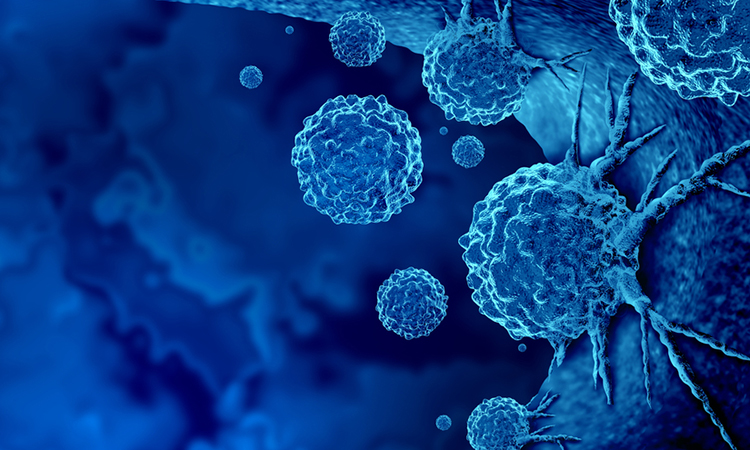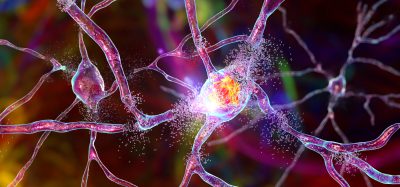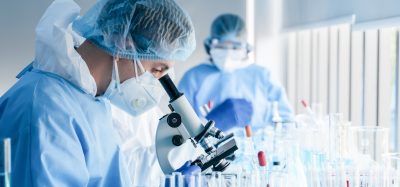Researchers synthesise potential anticancer compounds
Posted: 26 May 2021 | Victoria Rees (Drug Target Review) | No comments yet
Scientists have developed six new derivatives of 4-chloro-1,2-dithiol-3-thione, which have all demonstrated anticancer effects in pre-clinical studies.


New compounds have been synthesised by scientists at South Ural State University, Russia, which can be endogenous donors of the signalling molecule, hydrogen sulphide. According to the researchers, these molecules could work as an effective anticancer medication.
Organosulphur compounds with anticancer, antibacterial and antirheumatic properties have been studied for some years by scientists. In the latest study, the team attempted to search for new derivatives of 1,2-dithiol-3-thiones – compounds with various biological activities.
Several years ago, scientists proved that the 1,2-dithiol-3-thione fragment is an efficient endogenous donor of hydrogen sulphide in the body. This means it can increase the gas content in human blood and tissues. One of the most studied hydrogen sulphide donors in the world is 5- (4-hydroxyphenyl) -3H-1,2-dithiol-3-thione. Scientists have previously developed an effective method for producing this compound.
In the latest work, the researchers reflected the strategy of a fundamentally new way of introducing a dithiolthione fragment based on the previously synthesised 4,5-dichloro-1,2-dithiol-3-thione into hybrid molecules.
“Cellular hydrogen sulphide regulates important functions of the cardiovascular, immune, nervous, respiratory and gastrointestinal systems. A fundamentally new achievement was the introduction of a new heterocyclic fragment containing a dithiolothionic cycle to obtain an endogenous hydrogen sulphide donor containing a natural non-toxic thioglycoside molecule,” said Professor Oleg Rakitin, one of the researchers.
The scientists demonstrated the anticancer efficacy of the compounds in mouse epidermal cell models and in soft agar human leukaemia cell models.
As a result, the scientists synthesised six new acetylthioglycoside derivatives of 4-chloro-1,2-dithiol-3-thione. It has been established that all of them can be used as potential drugs with anticancer effects.
The scientists say that the findings from this research can create a breakthrough in obtaining multipurpose drugs and are of interest to organisations specialising in cancer preventive therapy.
The research work was published in the Russian Chemical Bulletin.
Related topics
Drug Development, Drug Discovery, In Vivo, Molecular Targets, Oncology
Related conditions
Cancer
Related organisations
South Ural State University
Related people
Professor Oleg Rakitin








